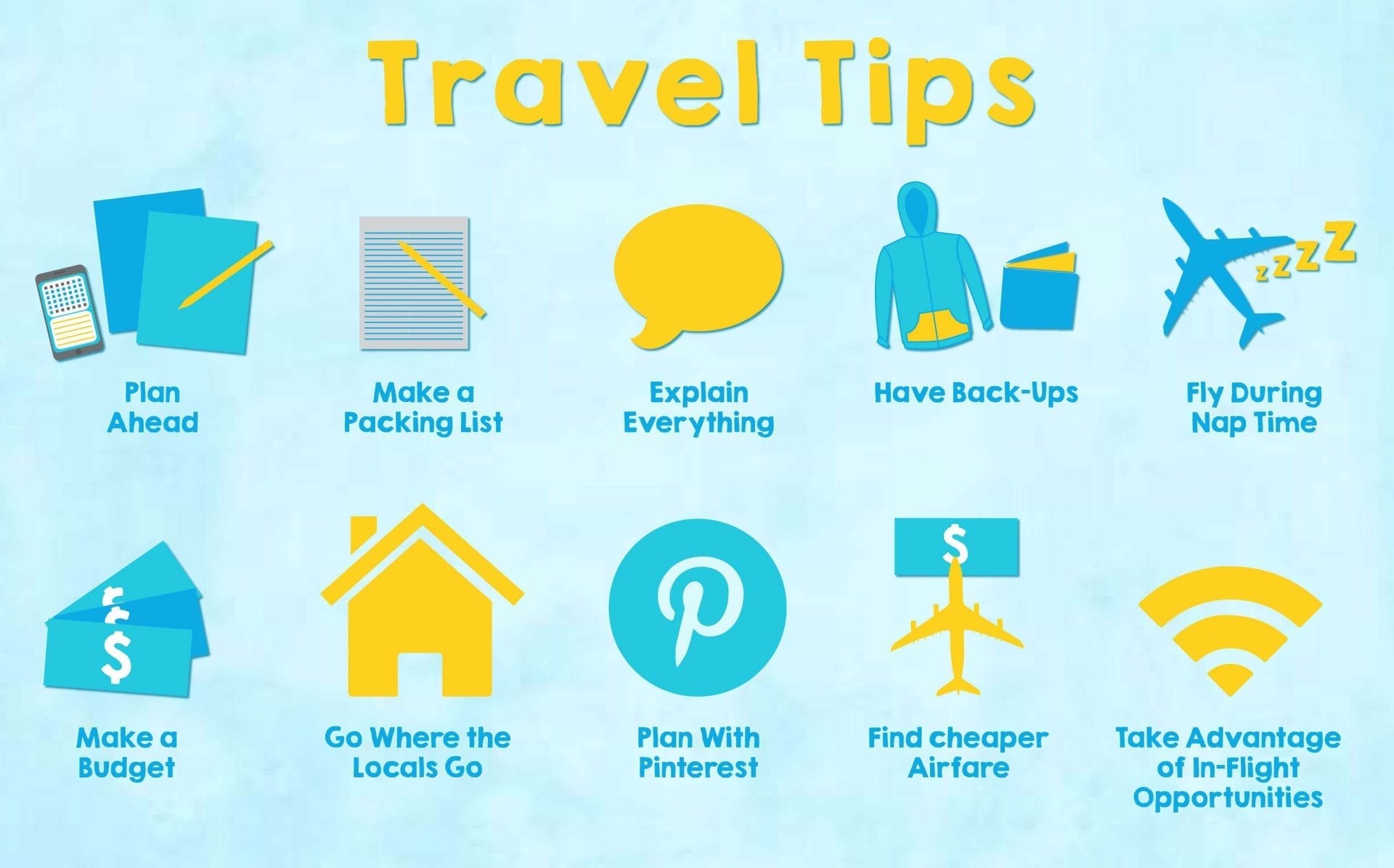Case Journeys
Exploring intriguing stories and insights from around the world.
Jet Lag Can't Touch This Travel Trick
Beat jet lag like a pro! Discover the ultimate travel trick that keeps you energized and ready for adventure. Click to learn more!
5 Essential Tips to Beat Jet Lag Every Time
Jet lag can be a real travel buzzkill, but with the right strategies, it can be managed effectively. Here are 5 essential tips that can help you beat jet lag every time. First and foremost, adjust your sleep schedule before you leave. Gradually align your sleep times to match your destination's time zone a few days ahead of your trip. This will make the transition smoother and your body will have an easier time adapting once you arrive.
Another significant tip is to stay hydrated. Dehydration can exacerbate the symptoms of jet lag, so drink plenty of water during your flight and after you arrive. Additionally, consider exposure to natural light once you land; sunlight can help reset your internal clock. Lastly, avoid caffeine and alcohol for the first day or so as these substances can disrupt your sleep patterns. By following these tips, you'll set yourself up for a more enjoyable trip without the dreaded jet lag.

The Science Behind Jet Lag: How to Outsmart It
Jet lag is a temporary sleep disorder that occurs when your internal body clock is out of sync with the time zones you travel through. This misalignment can lead to a myriad of symptoms, including fatigue, difficulty concentrating, and irritability. The science behind jet lag lies in our circadian rhythms—biological processes that follow a roughly 24-hour cycle. When you cross multiple time zones, your body may struggle to adjust to the new schedule, and it can take several days for your body to realign with local time. Factors such as the direction of travel, the number of time zones crossed, and personal sleep preferences can all influence the severity of jet lag symptoms.
To outsmart jet lag, there are several strategies travelers can employ before and during their journey. One effective method is to gradually shift your sleeping and eating schedule to match the destination's time zone a few days prior to departure. Additionally, staying hydrated and avoiding alcohol or caffeine can help ease the adjustment process. Once you arrive, spending time in natural light and engaging in physical activity can also aid in resetting your internal clock. Lastly, consider using sleep aids, like melatonin supplements, to promote better sleep during your adjustment period. By understanding the science behind jet lag and implementing these techniques, you can significantly minimize its impact and enjoy your travels more fully.
What Are the Best Remedies for Jet Lag on Long Flights?
Jet lag can be a significant hurdle for travelers embarking on long flights, often leaving them feeling fatigued and disoriented upon arrival. To combat this, one effective remedy is to gradually adjust your sleep schedule a few days before your departure. If possible, try to go to bed and wake up an hour earlier or later, depending on your destination's time zone. Staying hydrated during your flight is also crucial; drink plenty of water and avoid excessive caffeine and alcohol, which can further disrupt your sleep cycle.
When you finally arrive, expose yourself to natural sunlight to help reset your internal clock. Melatonin supplements can also assist in regulating sleep patterns, particularly if taken an hour before bedtime for a few days post-flight. Finally, consider stretching or walking during your flight to promote circulation and alleviate stiffness. By applying these remedies, you can significantly minimize the impact of jet lag and enjoy a more pleasant travel experience.